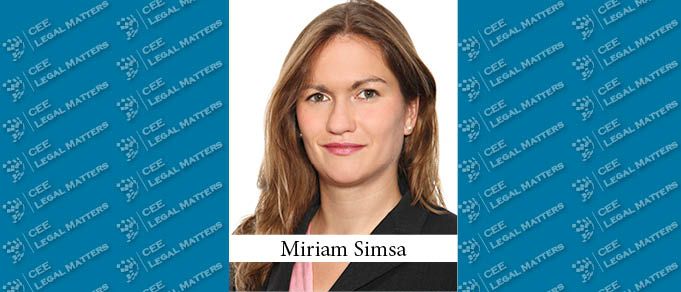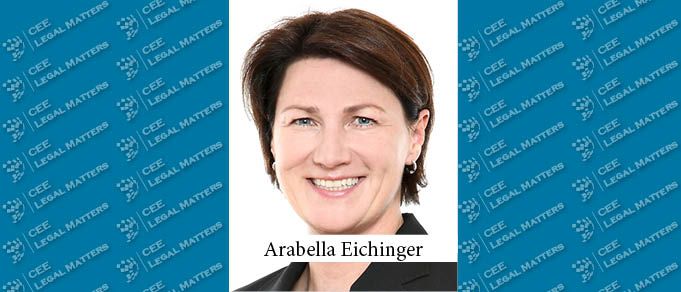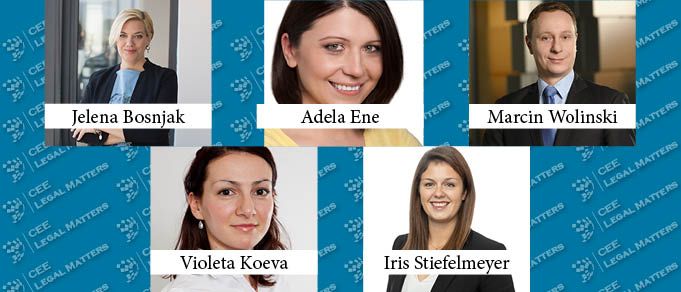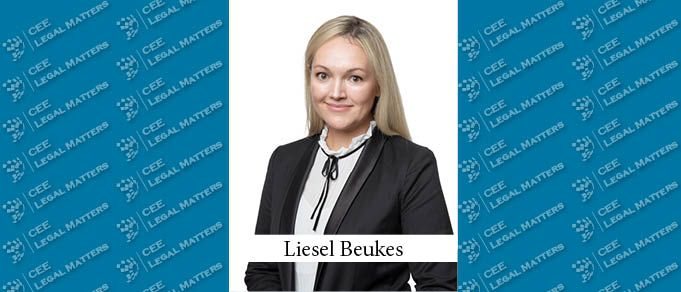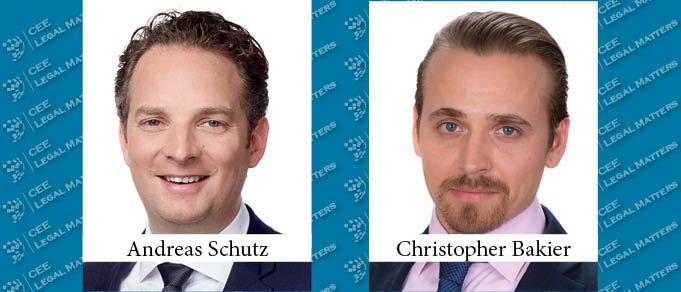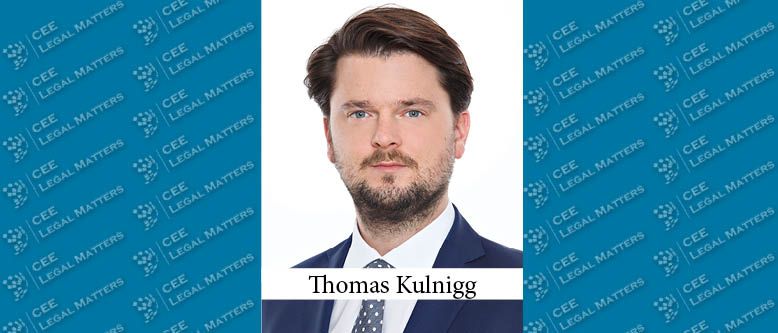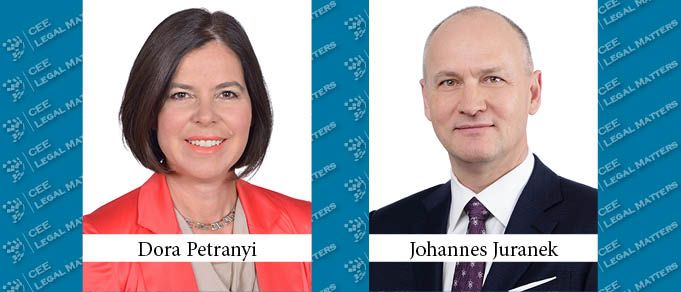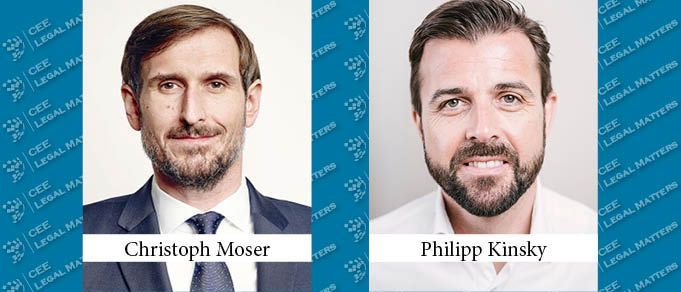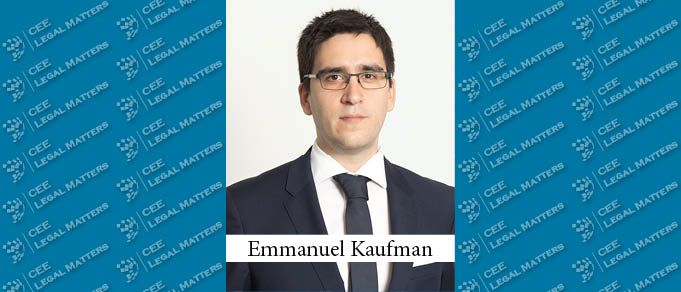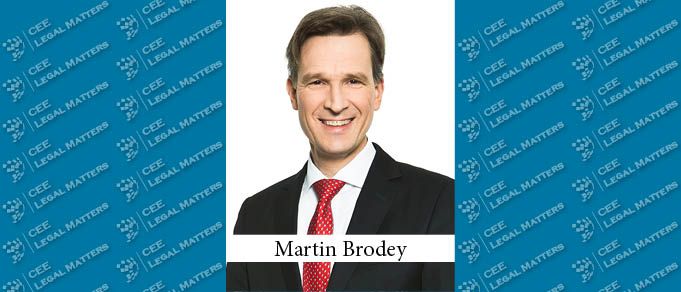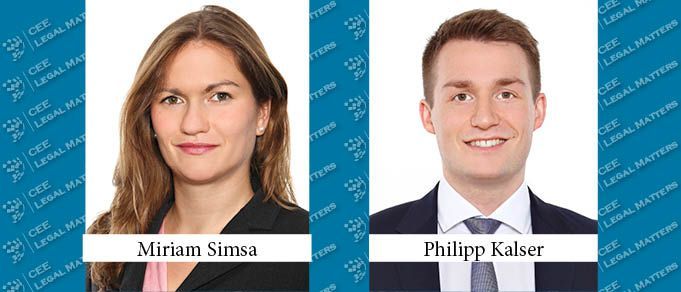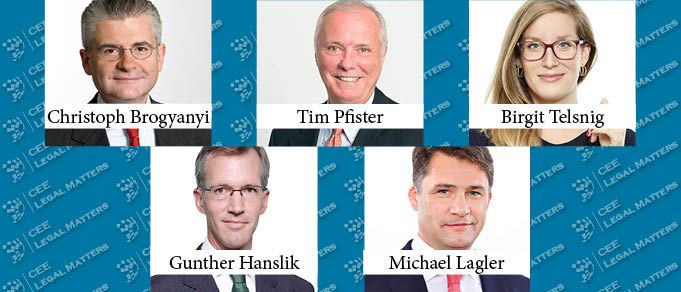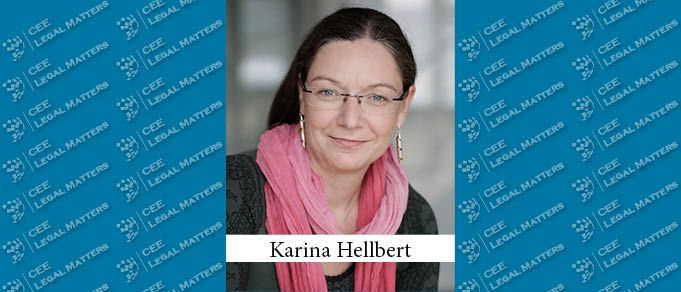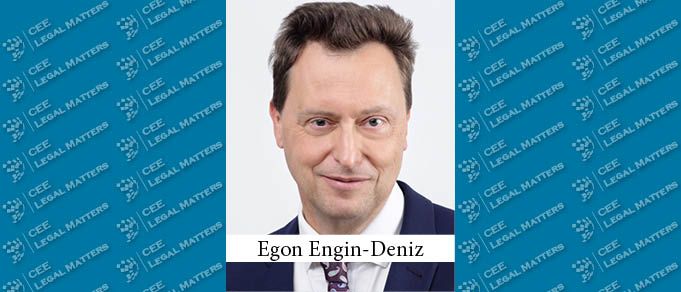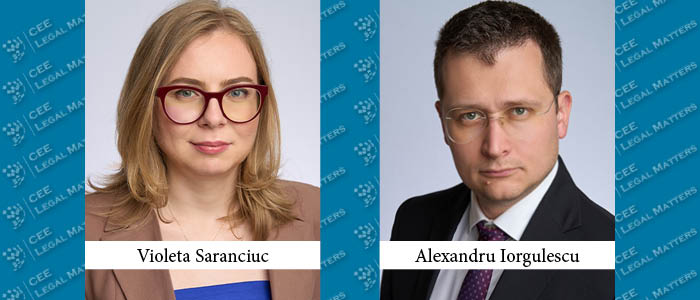CEE is a highly-fragmented market. What sounds like a dull geographical statement actually highlights the main challenge of being a lawyer working in a regional CEE law firm.
Airbnb in the Crosshairs
Tourism in Austria is booming. The capital, Vienna, has reported a 9.9% increase of overnight stays, to 7.94 million, in the period from January to June 2019, a new record. Demand for common rental platforms, such as Airbnb, has increased even more. For several years now, Austria’s federal states, municipal administrations, legislators, and competitors (in particular the hotel industry) have been kept busy with the business model of commercial short-term rentals.
Marketing Law Firm Marketing: The Reason for the Role
Why would anyone knowingly become a law firm marketing specialist – a role that is demanding, complicated, challenging, and stressful? To explore this mystery, we went to the source. Accordingly, this time around we asked the law firm marketing specialists of CEE to complete the following question: “I went into Law Firm Marketing/BD as a career because ____________.“
Expat on the Market: Liesel Beukes of Schoenherr
South African Liesel Beukes is a dual-qualified lawyer and Content Marketing Manager at Schoenherr in Vienna, where she manages the firm’s highly-regarded annual RoadMap publication and assists lawyers across the firm’s 14 offices with marketing, business development, and press relations.
Austrian Supreme Court Rules on Cash Pooling: Take It with a Grain of Salt!
Cash pooling is a staple of corporate treasurers as an efficient way to allocate liquidity and reduce financing costs within a group of companies. Despite its commercial importance, neither Austrian statutory law nor the Austrian Supreme Court has provided any guidance as to whether cash pooling is permissible under Austrian law – in particular whether it is compatible with Austria’s strict capital maintenance laws.
A Family Affair: The Hanslik Brothers Continue Family Tradition in Law, Leading Way With Style at CMS Vienna and Taylor Wessing Prague
It’s not easy to get to the top of a profession. Among lawyer in particular, there is fierce competition, great pressure, slim margins of error, and a number of people waiting to capitalize on mistakes. Making it to the top, and staying there, is a tightrope that must be walked over and over. And yet, the Hanslik family has not one but two such high achievers, in two different countries, as Austrian brothers Erwin and Guenther Hanslik have senior positions at offices of two of the most respected and successful international law firms in Europe.
Automated and Autonomous Driving – Austrian Legal Aspects
The development of autonomous driving has been a recurring topic in the media in recent years. Technology in this area has progressed so much that autonomous vehicles are now ready for test drives on public roads. This development is subsequently exerting great pressure on local governments to create new laws allowing this type of testing and therefore driverless vehicles on public roads.
A Digital Debut: Interview with Thomas Kulnigg on Conda Share Digitalization
In September 2018 Schoenherr Partner Thomas Kulnigg advised crowd-investing company Conda AG on the digitalization of its shares, allowing the registered shares to be managed via blockchain technology. The project represented the first-ever digitalization of shares linked to digital tokens in an Austrian joint stock company. The tokens were digital units that were mined exclusively by Conda on a blockchain (dis-tributed ledger technology) protocol and then given to company shareholders. When a shareholder trans-fers a token to another person, the transfer is recorded in the blockchain and, on that basis, the transfer is also registered in Conda’s share ledger. The transfer of a token is thus the equivalent of a share transfer.
The GDPR in CEE: One Year On
It has been over a year since the European Union’s General Data Protection Regulation became mandatory across Europe, marking a seismic shift in the way that companies collect, process, and handle personal data. Countries across the European Union and beyond have adapted their national laws to meet the requirements of the GDPR – with many introducing local derogations as permitted by the GDPR.
Inside Out: Marinomed Biotech IPO
Earlier this year, CEE Legal Matters reported that Herbst Kinsky Rechtsanwalte had advised Marinomed Biotech AG on its February 1, 2019 debut on the Vienna Stock Exchance, with Weber & Co. advising Erste Group Bank AG (as sole global coordinator) and Goetzpartners Securities Ltd (as co-lead manager) on the IPO. Marinomed’s was the first successful IPO in Austria since BAWAG’s in 2017.
Expat on the Market Emmanuel Kaufman of Knoetzl
Emmanuel Kaufman has a unique profile: An Argentinian lawyer and commercial and international investment arbitration specialist who has spent the last 12 years in two of the leading law firms in Austria. He has spent the last three and a half years as a partner at Knoetzl, where he focuses on complex arbitration proceedings in the construction, telecommunications, IT, gaming, and soft-beverages industries.
Guest Editorial: An Overview of the Legal Market in Austria
There are two interesting developments on the Austrian legal market: First, Legal Tech and Digitalization initiatives are on the rise. Second, the Top 20 law firms in Austria have increased their revenue last year, and the legal business is flourishing.
Court Decision Increases Risk of Mortgage - Backed Loans
Under Austrian law, incorrect land register entries may trigger public liability. But the Austrian Supreme Court recently held that such incorrect entries only create public liability claims for of a certain group of people, thereby potentially increasing the risk management costs of mortgage-backed loans.
Behind the Benefits
How do law firms in Austria promote themselves to current and prospective employees? A series of conversations with several leading firms revealed more than expected.
Cannabidiol: Is CBO in Medicinal Products, Novel Food, and Cosmetics Welcomed or Simply “The Devil” If Used at All?
The Supreme Court of Cassation in Italy has recently rendered a decision that products containing Cannabidiol (CBD) shall be prohibited from being marketed on the Italian market, even if they contain less than 0.2% of the psychoactive substance Tetrahydrocannabinol (THC). The sale of such products had previously been permitted based on an amendment to the law regulating hemp production that removed the requirement to obtain a permit for “cannabis light.” This led to a “cannabis light boom.” The change was triggered based on the opinion of the Highest Italian Sanitary Council that even such “cannabis light” products could conceivably endanger human health. Following the Supreme Court of Cassation’s ruling, only products specified as medicinal products or certain agricultural varieties may be sold.
Regulated Industries and Non-Exhaustion of IP Rights in the Course of Parallel Trade
In a recent case involving parallel-imported agrochemical products, the District Court of The Hague ruled that non-compliance with the requirements laid down by the European Court of Justice (CJEU) for parallel import of relabelled products displaying the original right-holder’s trademark constitutes trademark infringement, particularly if the right-holder is not properly notified of the parallel import and is not offered a sample of the relabelled product on request. This decision shows that the requirements for parallel import are applied strictly by the courts and have a broad scope (not limited to pharmaceutical products), allowing the mark-holder to exercise control over the resale, re-labelling, and re-packaging of its original products within the EU.
Introducing “Horizontal Monitoring” in Austria
A specific form of cooperation was introduced in Austria in 2018 and will become effective on January 1, 2019: Upon the taxpayer’s request, an enterprise may opt for a “horizontal monitoring” procedure. This new law was introduced after a pilot project in which internationally renowned enterprises such as Red Bull, Shell Austria, and Infineon Technologies participated (although whether these enterprises will also participate in the new “horizontal monitoring” procedure is not yet known).
Strange Bedfellows: Austrian Law Firms Join Forces for Innovation Hub
On October 29, 2018, leading Austrian law firms Dorda, Eisenberger & Herzog, Herbst Kinsky, PHH, Schoenherr, SCWP Schindhelm, and Wolf Theiss announced their joint launch of the “Legal Tech Hub Vienna”: a non-profit forum for LegalTech companies, start-ups, and other legal market participants to identify innovation potential and work together to implement technological tools appearing ever-more-rapidly on the legal market.

